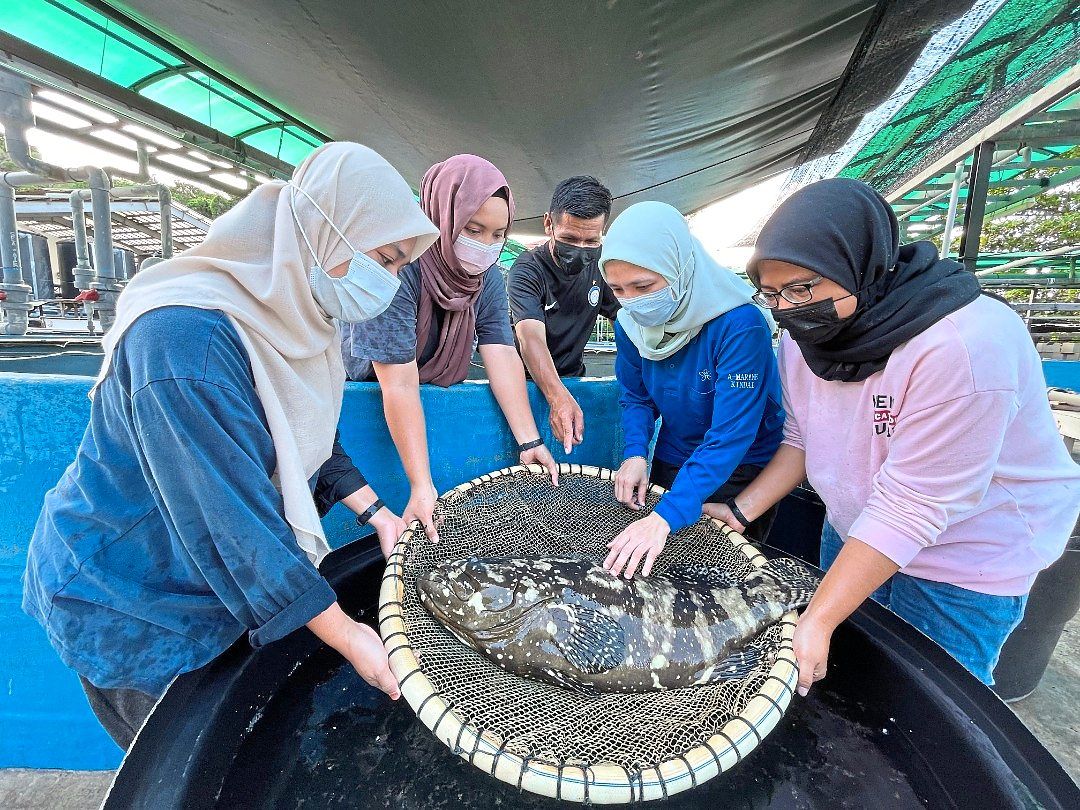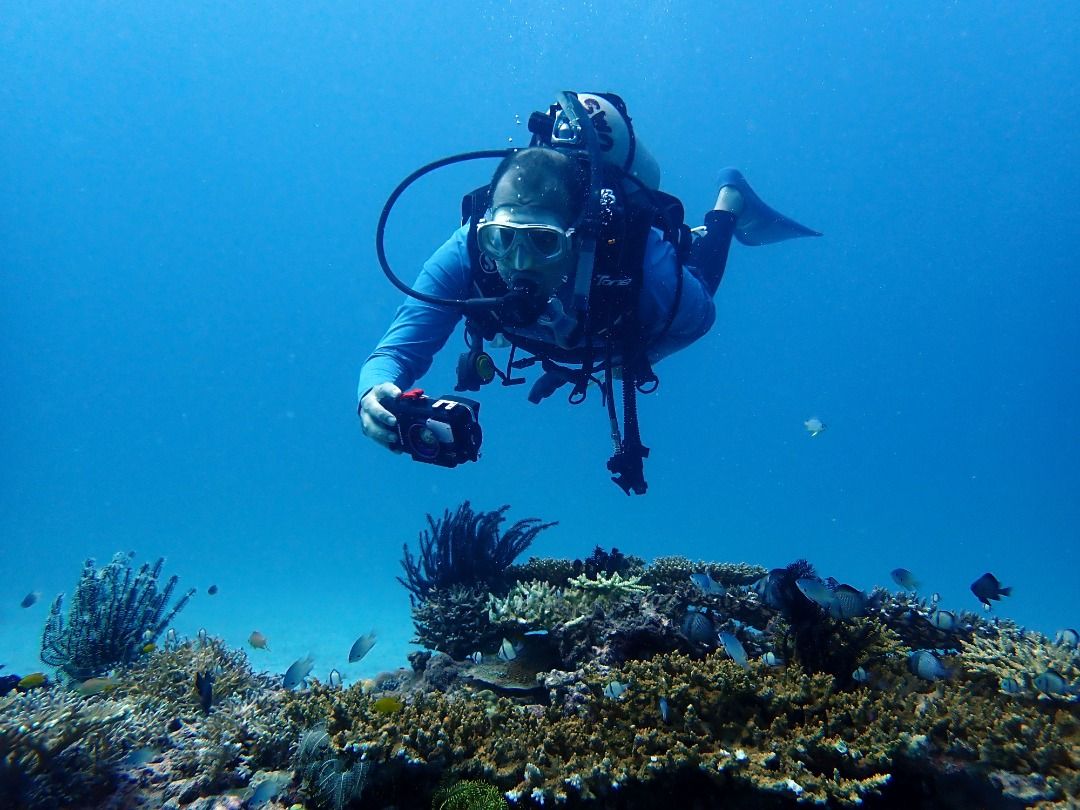By: Assoc. Prof. Dr. Faihanna Ching Fui Fui, Dr. Zarinah Waheed & Muhammad Ali Syed Hussein
Lecturers, Borneo Marine Research Institute, Universiti Malaysia Sabah

BMRI set to be world-renowned research institute in marine science and aquaculture
ROBERT Wyland, an American artist and environmental activist, once said: “The ocean stirs the heart, inspires the imagination and brings eternal joy to the soul.”
However, less thought is given to the ocean’s functions.
For instance, the ocean produces more than half of the world’s oxygen and regulates the earth’s climate and weather patterns, while providing us with many benefits in terms of food, economy, recreation and medicine.
We have been made aware of the dangers we face if we do not take care of the ocean. Mainstream and social media have been an important source that raise public awareness on issues related to the ocean – such as plastic waste and rising ocean temperature.
Even before these issues gained prominence in the media, Universiti Malaysia Sabah (UMS) had realised the important role that the marine environment plays in our daily lives.
UMS initiated a research unit specialising in marine science and aquaculture in 1995. In 2000, the unit was upgraded to become a centre of excellence known as the Borneo Marine Research Institute (BMRI).
Staying true to its theme of “conservation and sustainable development of marine resources”, BMRI has implemented programmes focused on expanding knowledge on marine biodiversity, establishing a marine biodiversity showcase through the Aquarium and Marine Museum of UMS, linking conservation with issues of seafood security faced by our nation, and contributing ideas that can address climate change.

Championing the quadruple helix concept of the Ministry of Higher Education (MoHE), research and development activities conducted by BMRI have strengthened the relationship between the government, academia, industries and communities – in what is known as translational research.
Among BMRI’s research initiatives are:
i) Captive breeding of mangrove crab, shrimp, green mussel and sea cucumber in addition to affordable freshwater species.
ii) Formulation of feed for fish and crustaceans from sustainable sources.
iii) Design of farming modules for commercial species of fish and crustaceans.
iv) Development of aquaculture models that have been adopted by small and medium enterprises and used for urban food systems in response to the food security problem during the Covid-19 pandemic.
One of BMRI’s blockbuster translational research supported by MoHE is the pioneer production of a fast growing grouper hybrid to boost the aquaculture industry in the country and the region.
BMRI’s novel hybrid grouper has gained immediate popularity from aquaculturists and seafood consumers which has led to its high commercial value.
Fish farmers have gained tremendously from this research as they now can grow and sell groupers at a much faster pace. This hybrid grouper has dominated the seafood industry and is most popular at live fish markets.
BMRI aims to fast-track progress in its flagship areas to meet the 2030 targets set for the UN Sustainable Development Goals, Ocean Science Decade for Sustainable Development and Decade for Ecosystem Restoration.
BMRI also plans for its projects to envisage the application of artificial intelligence, machine-learning tools, and innovative models based on biomimicry and eco-engineering. Embracing these IR4.0 technologies will aid the growth and industrialisation of aquaculture while contributing to the employability of its graduates.
Higher Education Minister Datuk Seri Dr Noraini Ahmad who visited BMRI’s fish hatchery in August last year complimented the institute’s initiatives in achieving Shift 7 on Innovation Ecosystem and Shift 8 on Global Prominence, in this instance, of the Malaysia Education Blueprint (Higher Education) 2015-2025.
The minister also expressed her approval and looks forward to the implementation of the institute’s future plans.
BMRI, with the steady support of UMS’ vice chancellor and MoHE, is well on its way to becoming a world-renowned research institute in marine science and aquaculture.
Its promotion of high quality research, training and outreach contributes to rational management, utilisation and sustainable development of marine resources for the nation’s socio-economic welfare.
The ocean holds great potential, some of which have yet to be discovered. Therefore, continued efforts to understand the ocean need to be advocated.
When we protect the ocean, we protect our future.


